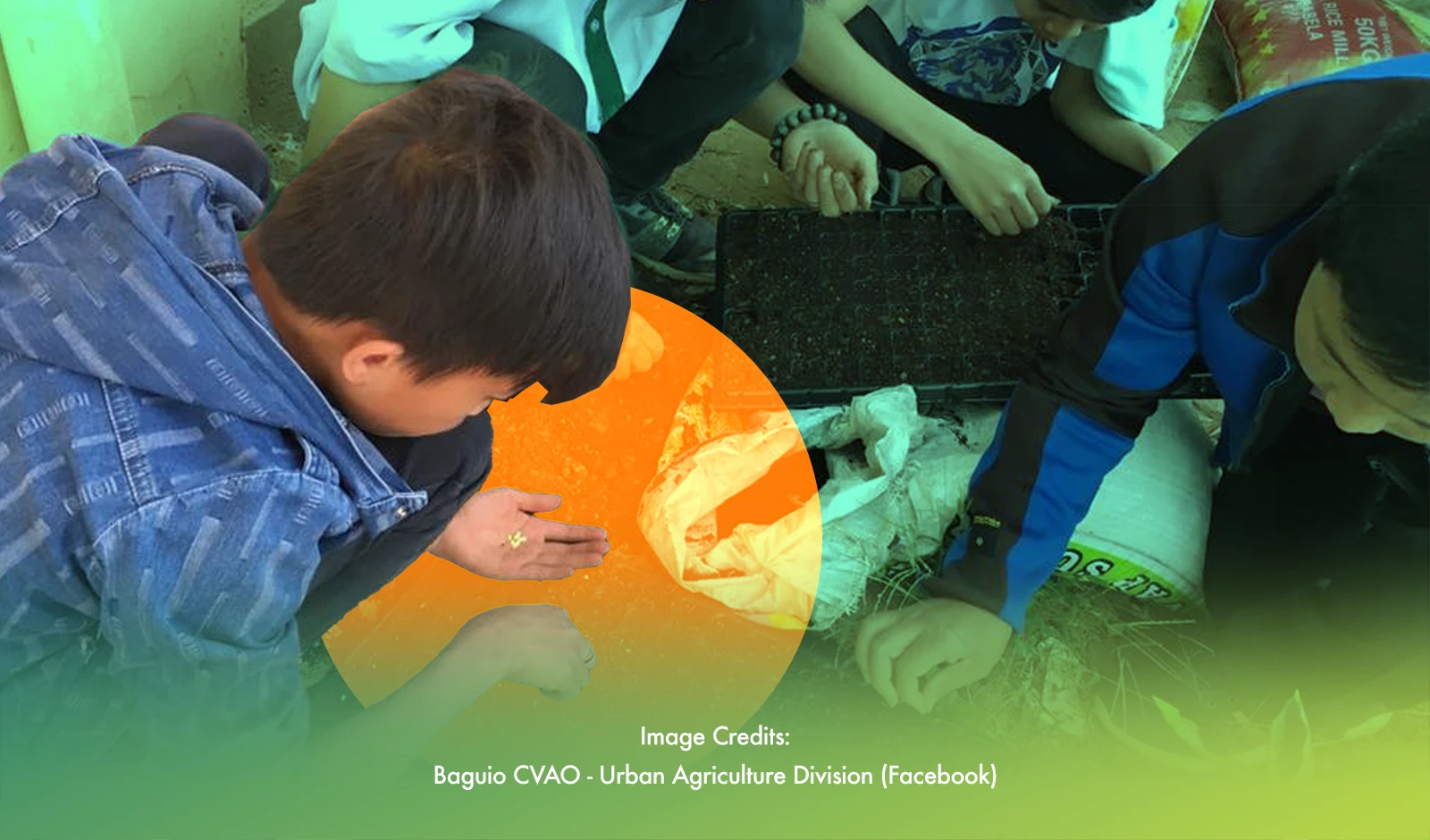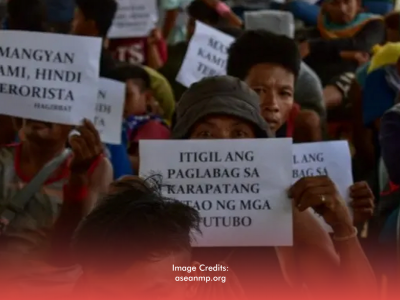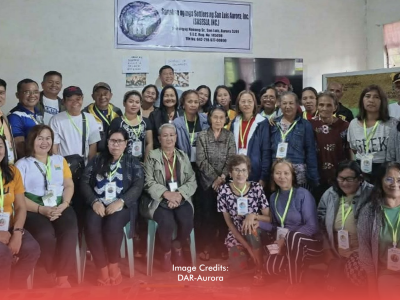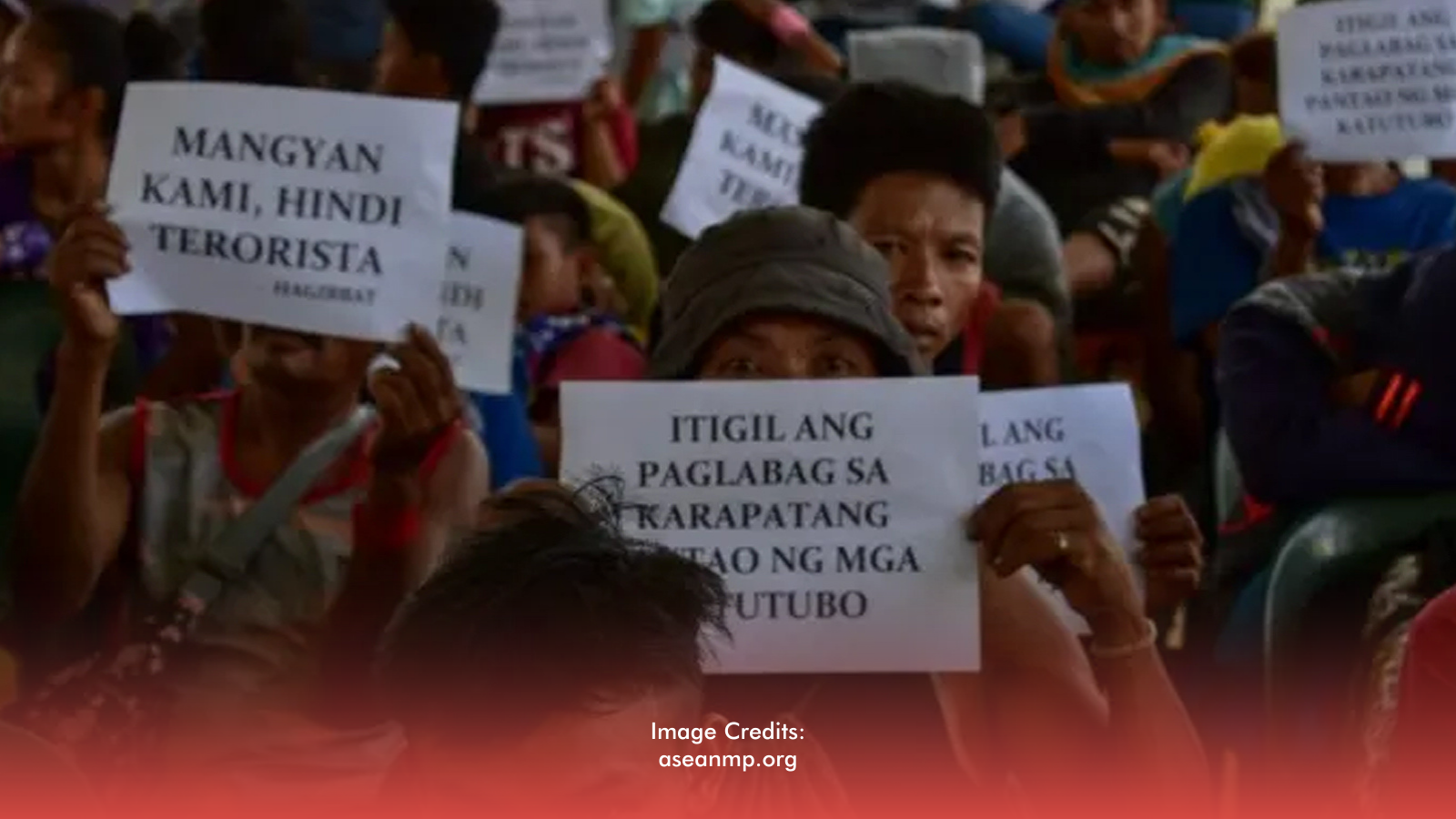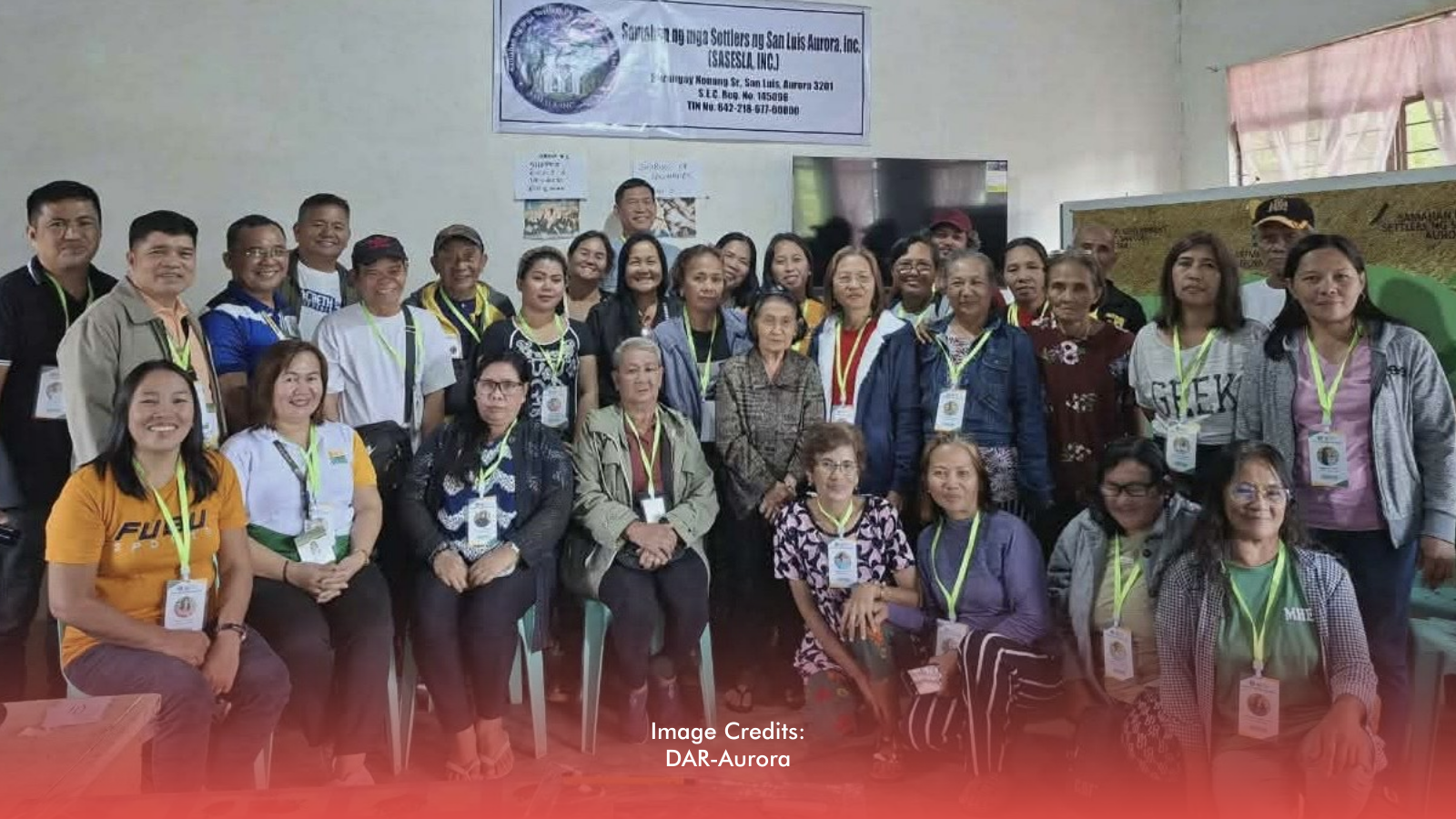Urban gardening has been incorporated into the curricula of at least four public schools in Baguio City to educate the next generation about the importance of urban agriculture.
Rizal Elementary School, Quezon Elementary School, Dona Aurora National High School, and Joaquin Smith National High School are the schools selected for the proposal.
"The subject matter will be incorporated in different subjects and will not be a new subject in addition to the nationally prescribed curriculum," Dr. Soraya Faculo, Baguio City Schools Division Superintendent, said in an interview.
Incorporating in different subjects
According to Faculo, kids learn about the importance of a healthy diet and lifestyle in Music, Arts, Physical Education, and Health (MAPEH) as well as the life cycle of plants and how to cultivate plants from seeds in their Science class.
In high school, entrepreneurship and vegetable sales revenue are covered in Technology and Livelihood Education (TLE).
A holistic approach is taken while teaching urban gardening, covering not only the intellectual aspect but also the practical side of producing vegetables in pots in small spaces of houses and schools.
In 2023, the Quezon Elementary School students were first exposed to urban gardening by the city agriculture and veterinary office. The purpose of this initiative was to teach the students the value of providing their families with ready-to-eat food that they can grow in pots or recyclable materials, without requiring large spaces.
Learning through experience
“We want them not just to learn from the lessons but to see and experience the topic that is being taught to them in class through practice planting,” Faculo said.
Schools in the Cordillera Administrative Region (CAR) are implementing the "Matatag na Gulayan sa Paaralan (stable vegetable farm in schools)" and "Enhanced Gulayan sa Paaralan (enhanced vegetable farms in schools)" programs, according to Dr. Estela Cariño, regional director of the Department of Education (DepEd).
Since rice and corn are the province's main crops, it was also deemed necessary to teach children the value of growing different food varieties in order to ensure food sustainability for both their families and the country as a whole.

